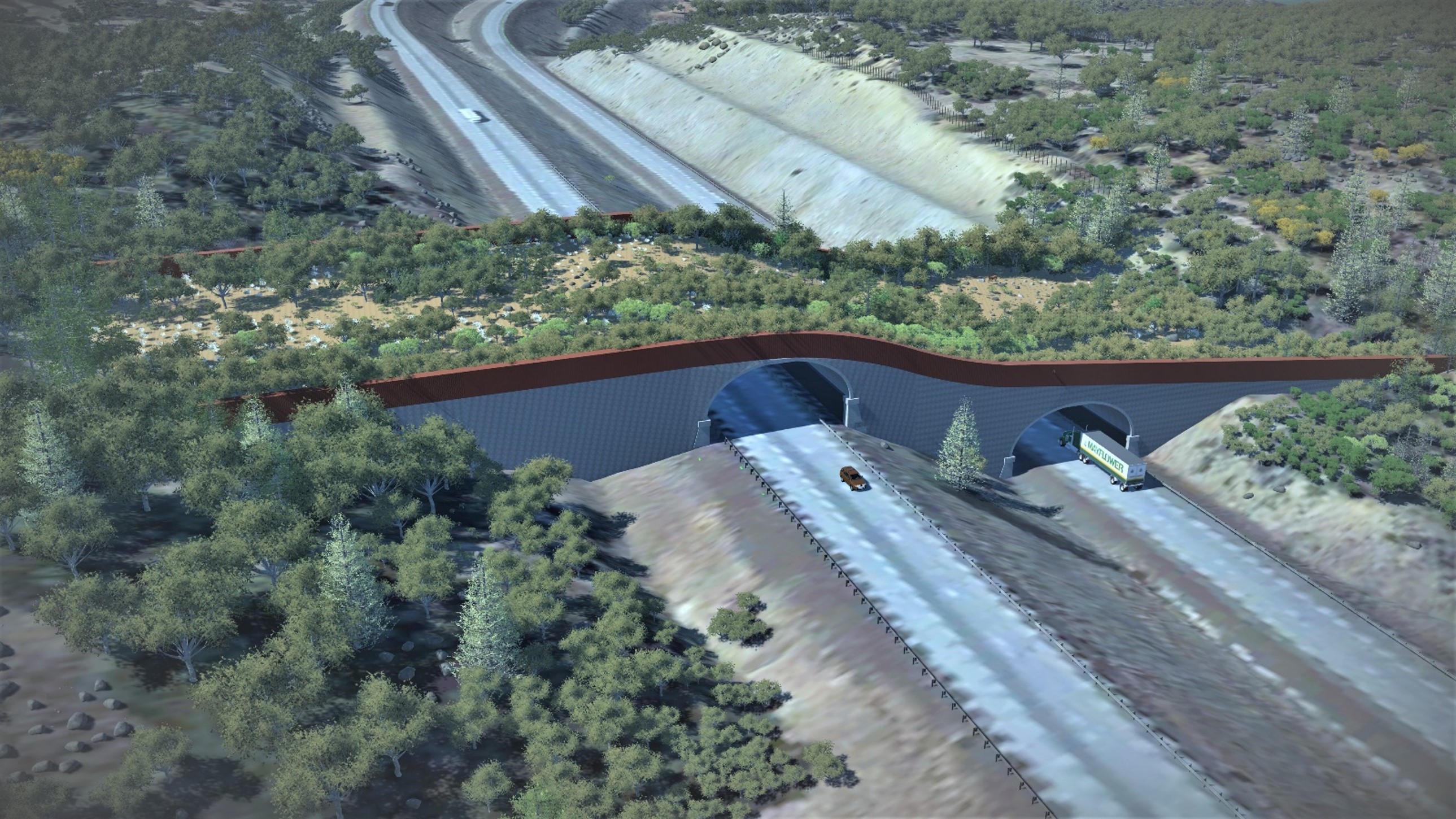By LAUREN DAKE/Oregon Public Broadcasting
A few days before members of the legislative committee charged with transportation and economic development were set to talk about how to protect fish in Kellogg Creek, address flooding on U.S. 101 and prevent rocks from falling on cars on Interstate 84, the meeting in Salem was canceled.
So, for the time being anyway, are the hopes federal grants will help fund such projects.
 Agencies across Oregon are evaluating what the Trump administration’s decision to freeze federal grants means for local projects and programs. Many uncertainties remain, but the state’s Department of Transportation does have some clarity. Federal grants for programs like those mentioned above are no longer accepting applications. It remains uncertain if, or when, that might change.
Agencies across Oregon are evaluating what the Trump administration’s decision to freeze federal grants means for local projects and programs. Many uncertainties remain, but the state’s Department of Transportation does have some clarity. Federal grants for programs like those mentioned above are no longer accepting applications. It remains uncertain if, or when, that might change.
“We lost the bridge in Sen. (Suzanne) Weber’s district. We lost the rock slide project in Sen. (Daniel) Bonham’s. Those evaporated. Grants are being withdrawn,” said Rep. David Gomberg D-Otis, the co-chair of the Ways and Means Subcommittee on Transportation and Economic Development. “I have two frustrations. These are necessary and important and in some cases, lifesaving projects, and the second is the agency puts time and taxpayer money into preparing the applications.”
Pulling the plug at the last minute, Gomberg said, means time and taxpayer dollars were wasted.
Earlier this week, Democratic Gov. Tina Kotek said she believes it’s going to be “quite a while before we understand the full impact of any potential restrictions on federal funding.”
One goal of the Kellogg Dam project, which is in downtown Milwaukie at the confluence of Kellogg Creek and the Willamette River, is to improve access for salmon, steelhead and lamprey. The project focuses on removing the dam, replacing a bridge and removing barriers to allow fish to access many miles more of habitat. Agencies driving the project planned to request $50 million dollars to help with construction costs.
April McEwen, the project manager, said it’s a project that has transportation, economic and quality-of-life benefits. It also strengthens the area’s infrastructure to make it more earthquake resilient.
“It’s hard to pinpoint one thing, this project has so many benefits to people, the environment and the economy,” McEwen said.
She’s confident the project will continue successfully, even if this grant doesn’t work out.
For projects where the money has already been committed to a specific contract, also known as ‘obligated’ funds, the money remains usable. Most large transportation funding projects stretch over years and have several phases and funding streams. So, work is not coming to a screeching halt. But large chunks of money remain in limbo. For example, the Rose Quarter project, there is $37.5 million obligated that remains unfrozen, but another $413 million is on hold.
For the Interstate-5 Siskiyou Wildlife Crossing program, the entire $33 million is on hold. The grant was awarded in December, but the agreement hasn’t yet been signed, according to information from ODOT. Interstate 5 goes from the Mexican border to the Canadian border and stretches more than 1,380 miles. The crossing would have been the first one to let animals cross from one side of the highway to the other.

Millions of dollars the state was expecting through the federal clean energy fund to help expand chargers for electrical vehicles also remains on pause.
“These transportation improvement projects are really important to the Oregon Department of Transportation,” said Kevin Glenn, a spokesman for the agency. “We look forward to the funds being unfrozen at a future date.”
There are other unclear directives coming from the highest levels of government as well. For example, in a memo issued by Transportation Secretary Sean Duffy, the state was informed that projects in communities with marriage and birth rates higher than the national average should be prioritized. Recipients of federal transportation funding could not impose vaccine or mask mandates and grant recipients must comply with federal immigration enforcement policies.
On those mandates, Glenn said, ODOT officials are still working with the federal government to understand the directives.
“It remains unclear to us how we would implement those things at this time,” he said.
Despite the uncertainties coming from the highest echelons of government, ODOT officials said its own budget crisis is causing the most heartburn. The agency has said they need at least another $354 million in this coming budget cycle to avoid major cuts.
Federal funding can’t be spent on state road maintenance, Glenn said. So, plowing roads, fixing culverts, all of those projects depend on state dollars.
The 2025 Legislature is currently considering a multi billion-dollar transportation package to improve the state’s aging bridges and crumbling roads and highways.





















The Feds should be responsible for taking care of anything and everything that is considered federal property. If rocks fall on Highway 101, then they should clear the rocks at least to the land boundaries of the road (I’m sure they own more than just the road pavement.) Just as they should be taking care of the national parks and the National Park Service. These assets are owned by the citizens of the United States as are many organizations within that are required to serve the U.S. public.
If Trump doesn’t see this, then maybe he’s right and the Constitution and the United States should be set free. Then where would he be?